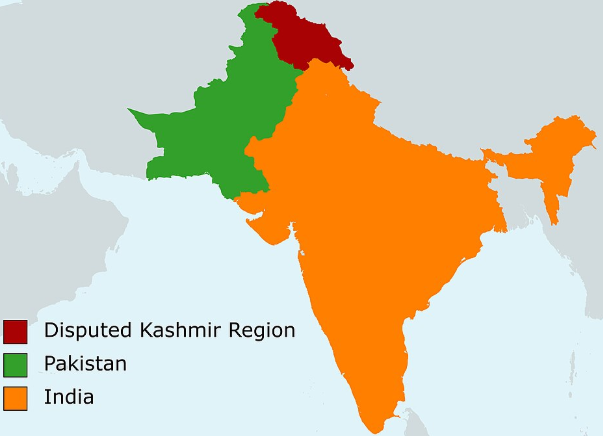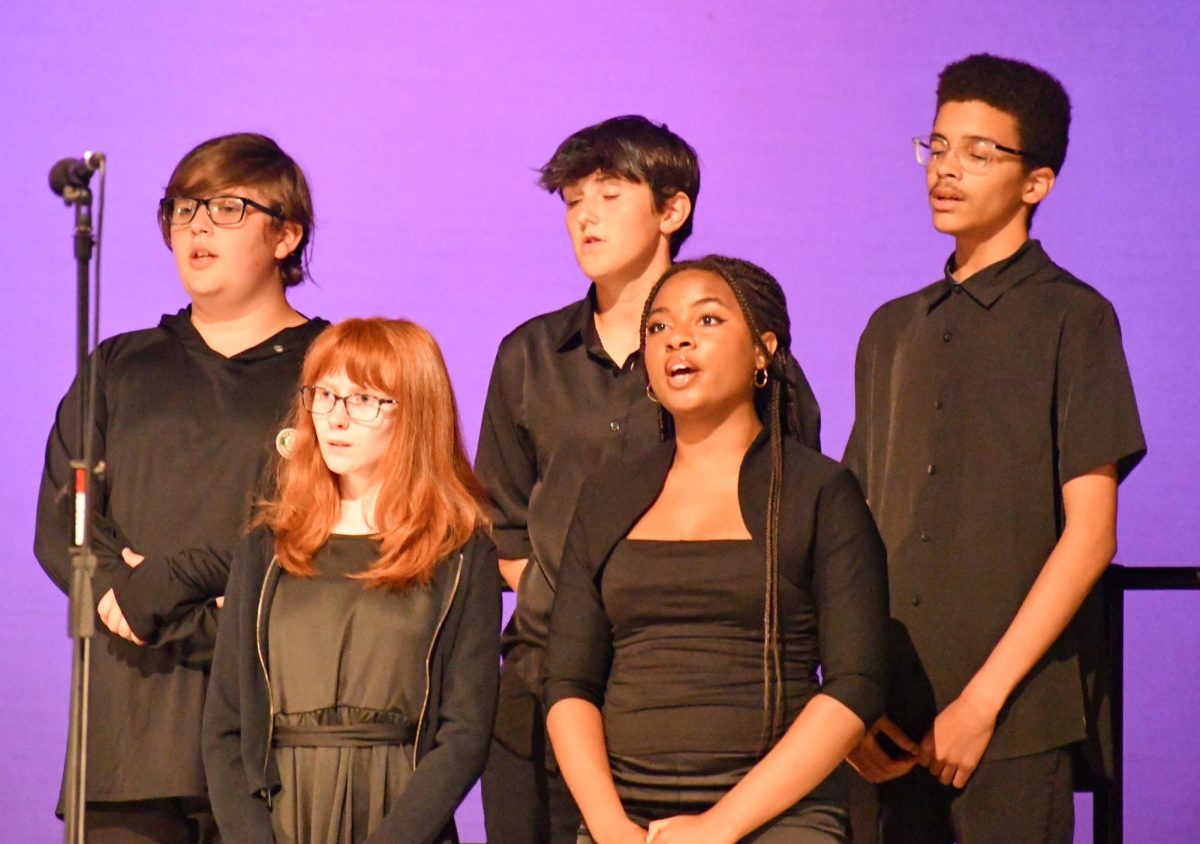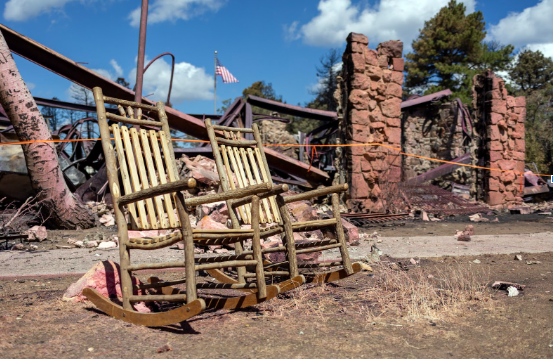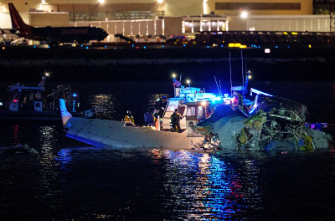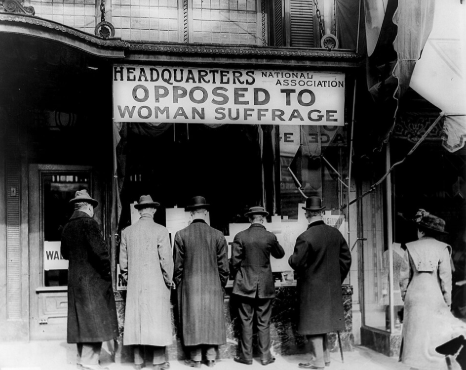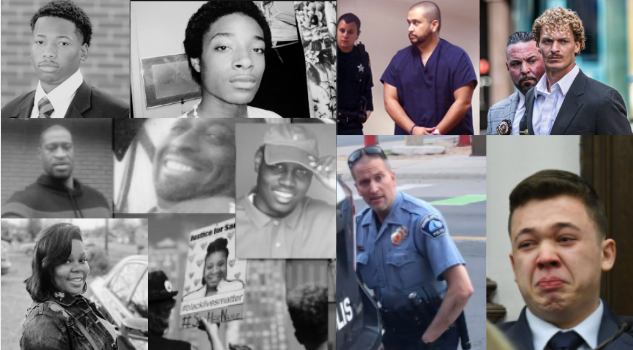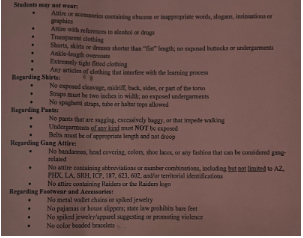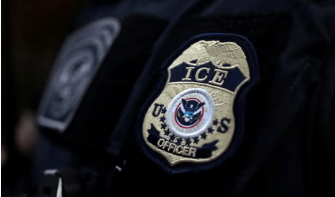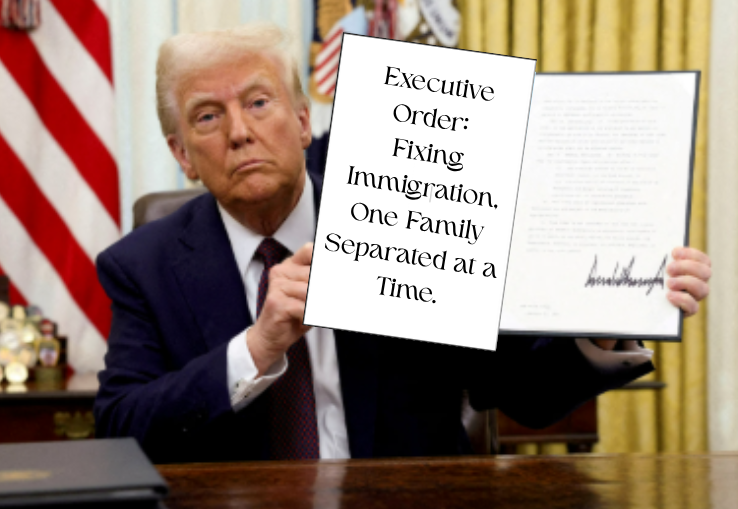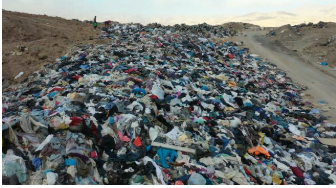The U.S. Immigration and Customs Enforcement (I.C.E.) should not be allowed to raid schools, as it imposes safety concerns and enables abuse of power by I.C.E.
In late October 2021, the U.S. Department of Homeland Security [DHS] announced a policy restricting I.C.E. actions around “sensitive areas”. According to clasp.com, such areas were described as schools, medical and health care treatment facilities, places of worship, public demonstrations, and places providing social services. Additionally, the policy stated I.C.E. would not have been able to raid or arrest at the described locations unless a probable cause was depicted along with a warrant.
Following this, the Trump Administration rescinded this policy on Jan. 21, allowing I.C.E. to conduct raids, arrests, and apprehensions freely as they desire. Benjamine Huffman, Acting DHS Secretary, said in a statement, “Criminals will no longer be able to hide in America’s schools and churches to avoid arrest. The Trump Administration trusts [law enforcement] to use common sense.” In further detail, on the day of President Donald Trump’s inauguration, he issued an executive order titled Protecting The Meaning And Value Of American Citizenship, which challenges the extent of the Fourteenth Amendment’s applicability to children of immigrant parents.
Despite the Trump Administration’s efforts to ease concerns over safety, the opposite effect has taken place. “School and district leaders are navigating questions from educators, students, and families on how safe schools are from deportations…” Ileana Najarro wrote in an article on EducationWeek. Essentially, by allowing I.C.E. to raid schools, immigrant parents are faced with the drastic decision between safety and their children’s education. Juan M. Mena Jr, father of 4, says, “It’s scary for the fact that [this is] something I didn’t expect my kids to ever have to witness in their generation.”
Not only does it inflict stress upon the parents, but the children become greatly affected as well. In a fact sheet, found on americanimmigrationcouncil.org, children with immigrant family members tend to experience a multitude of health issues such as depression, anxiety, severe psychological distress, and symptoms of toxic stress. These medical complications can come to affect children’s ability to grow into well-functioning adults, possibly lingering throughout their lifespan. Ultimately the entire family is put under a lot of strain when deciding how to approach the policy.
The impact even extends beyond immigrant families, inducing communities with fear and uncertainty. Through witnessing classmates experience heavy amounts of anxiety and worry, other students with no familial ties to immigration may develop feelings of guilt, helplessness or possible distress for their companions, according to brookings.edu.
Rimga Viskanta, a local school board member in San Diego, said, “I saw a 6th grader crying, worried his parents would be deported while he was at school. His concerned classmates..tried to comfort him.” Emphasizing how students who may have immigrant classmates or friends can also feel the emotional impact of I.C.E.’s influence.
It can be argued that I.C.E. should be allowed in schools not only to uphold immigration laws and safety but also to raise educational consciousness of their purpose and reduce irrational paranoia. Located on ice.gov, I.C.E.’s mission statement reads that they strive to “Protect America through criminal investigations and enforcing immigration laws to preserve national security and public safety.” Based on this statement, it is evident that I.C.E. prioritizes high-level threats to public safety, thus, the possibility that they would raid a school is relatively low. Furthermore, I.C.E.’s presence in schools could promote educational awareness in terms of who they are and what they do. “I.C.E should be allowed to enter schools, but for educational purposes or with more precautions set in place to not cause unwanted escalation or trauma to people, even those who they are not there for.” Cornelio Escoto Dobeck, sophomore, said. As previously mentioned, fear of I.C.E. could also be unwarranted, even for those who have no relation to immigrants. By allowing I.C.E. into schools such fears can be cleared through proper education and understanding of their existence on campus. Ultimately, allowing I.C.E. in schools could support better perceptions of their role while conserving safety and order.
While the previously mentioned points are valid, they disregard the fact that this policy grants I.C.E. the ability to misuse their newfound power. According to an article written by Kristina Watrobski on wjactv.com, the Association of California School Administrators released a statement stating the new regulation is an abuse of power and violates children’s right to education. The Supreme Court issued Plyler v. Doe in 1982, deeming that states would not constitutionally be able to refuse children a free public education by reason of their immigration status. More conflict and worry arise due to questions whether I.C.E.’s new capabilities will conflict with the ruling made from Plyler v. Doe.
As stated in President Trump’s executive order, any person born in the U.S., with at least one biological parent on a temporary visa or within the country illegally, will not receive documents representing United States citizenship. The order does state, however, that this is only applicable to any child born 30 days after the order was published. In spite of this, many immigrant families’ panic increased, in fear that not even their children would be safe from deportation. Children also became more anxious about their schools, and even their environments as a whole. Additionally, the knowledge that being born on U.S. soil will no longer make children birthright citizens, as long as one of their parents does not have proper residency, strikes the masses with apprehension. “It is morally incorrect to invade areas where minors are located; it sets fear, and they will come to hate this country because it patronizes and oppresses them.” Brisa Duenas, sophomore, said.
Victoria Karing, junior at Paideia Liberal Arts Academy, says I.C.E.’s job is to monitor and safely enforce immigration laws; however, the newly granted power can be a gateway for I.C.E. to intimidate and racially profile parents and children. There is no doubt that racial profiling will and has occurred, affecting everyone and anyone I.C.E. may suspect could be an immigrant. Not only this but regular citizens may also begin to feel the need to bring action against people they are suspicious of. According to cnn.com, Jocelynn Rojo Carranza, a former 11-year-old student at Gainesville Intermediate School, had committed suicide due to bullying from classmates over her family’s immigration status. Allegedly, Carranza’s classmates threatened to call I.C.E. on her family so she would be left alone. Allowing I.C.E. into schools only doubles uneasiness and tension amongst students as they already may face scrutiny from those around them. They come to feel always on edge, and unwanted when they are, basically, being watched from all around. They will even begin to feel alienated by their own country simply because of their appearance or race.
I.C.E. in schools poses more threats to student safety than the good that comes out of it. Even with good intentions the policy creates uneasiness and raises concerns over I.C.E.’s capability of overstepping boundaries. I.C.E. should not be allowed to raid schools.






